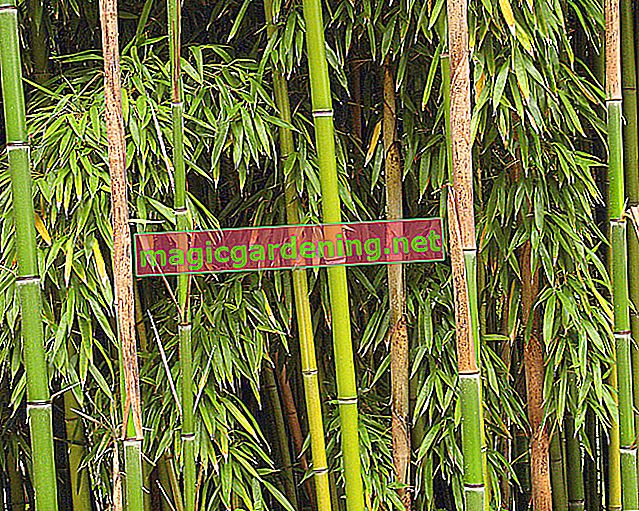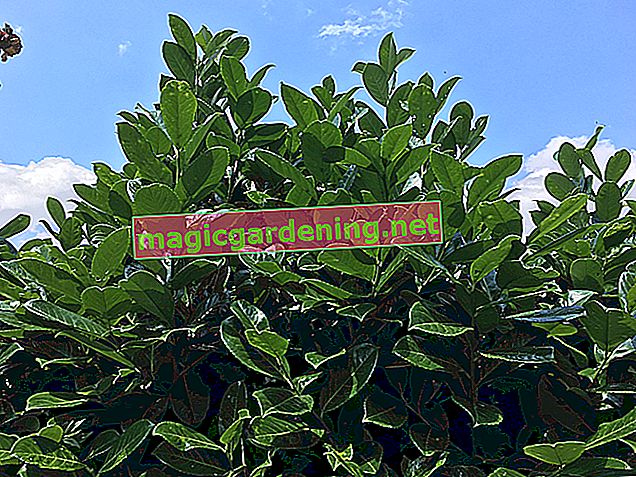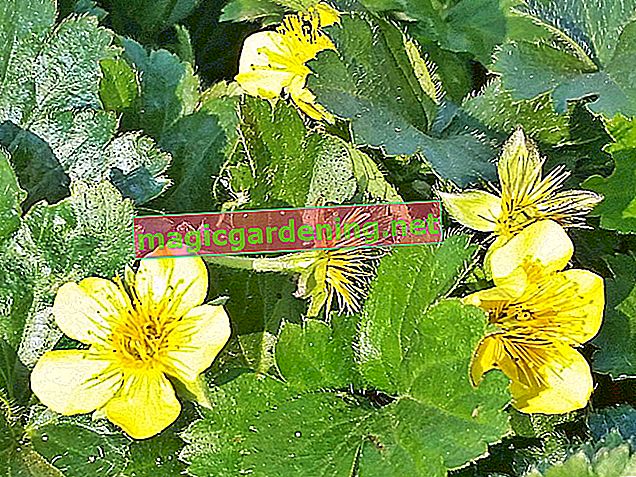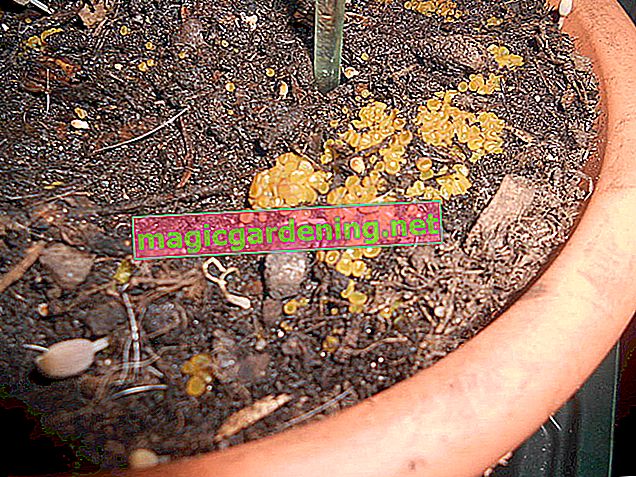
Thuja dries up - causes
- Soil dried up
- too much water
- Overfertilization
- Root rot
The most common cause is that the hedge has simply not been watered or has not been watered enough. But too much water in the soil leads to the thuja drying out. The roots then rot and can no longer absorb moisture.
also read
- Can a sick thuja still be saved?
- Thuja hedge too wide - how can it be saved?
- Can a thuja grow faster?
Can a dried up tree of life be saved?
Whether you can still save a dried up tree of life depends on the extent of the drying out. If only a few shoots are affected, simply cut them off and then water the thuja sufficiently.
If half the tree is affected, you can try pruning it severely. Keep in mind that the tree of life will not sprout again in places where you cut behind the green.
Unfortunately, a rescue attempt is usually not worthwhile. Dig up the dried up thuja and replace them with new trees.
Water a lot after planting
It goes without saying that a thuja hedge must be well watered immediately after planting. Watering is also necessary if the soil is dampened by rain.
It can take up to two years for the roots of the tree of life to be sufficiently large. Regular watering is imperative during this time.
Water thuja hedge properly
The bottom of the hedge must never dry out completely, but waterlogging is just as harmful. You should therefore water regularly, especially if it is very dry for a long time. This also applies to tall and well-ingrown thuja.
It is better to strongly water the thuja once a week. Calculate about ten liters of water per tree of life. Small amounts of water every day increase the risk of dehydration.
Water in the morning if possible and avoid wetting the leaves. This will prevent a fungal attack.
Tips
Over-fertilization with mineral fertilizers can also lead to the drying out of a thuja hedge. Too much fertilizer burns the roots and can no longer absorb moisture. With organic fertilizers, however, there is no risk of over-fertilization.








